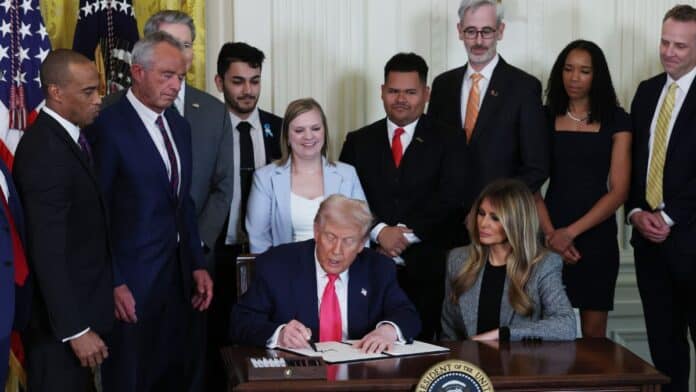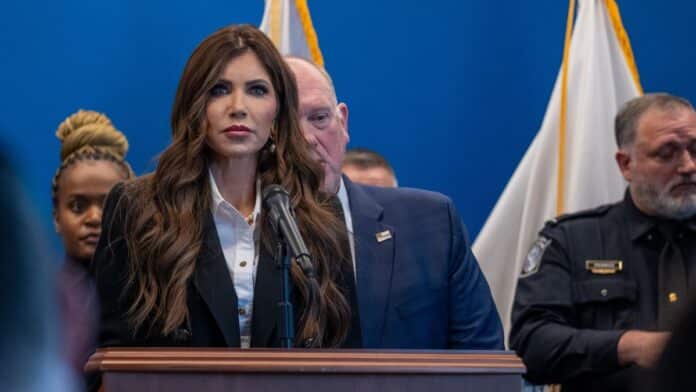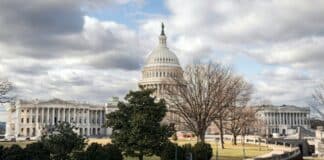Two Senate Democrats are facing backlash after declaring the recent government shutdown “worth it,” despite weeks of disruption for American families, workers, and essential services.
Sen. John Hickenlooper (D-CO) and Sen. Jack Reed (D-RI) both said the shutdown — the longest in U.S. history — was justified in their view. Hickenlooper said, “Yeah, I think so. … I hate it, but yeah, it was worth it, definitely.” He claimed the standoff helped draw attention to health care access, even though critics argue it held the entire nation hostage.
Reed hesitated before offering a similar answer, suggesting the shutdown was important for raising awareness beyond just healthcare issues. Their comments come after Democrats blocked over a dozen GOP attempts to reopen the government during the standoff, pushing instead for a sweeping package of demands, including billions in unrelated spending.
Speaker Mike Johnson repeatedly slammed Democrats for what he called “needless suffering” and a “political power play,” accusing them of prioritizing partisan wish lists over American livelihoods. The shutdown, which lasted 43 days, ended only after Democrats conceded to a deal that left many of their initial demands unmet.
The incident has sparked a fierce response, especially as some Democrats have openly admitted the shutdown was a tool for leverage — regardless of the consequences for struggling Americans.
Now that the dust has settled, voters may be left wondering whether their leaders are more interested in political posturing than in governance.
















